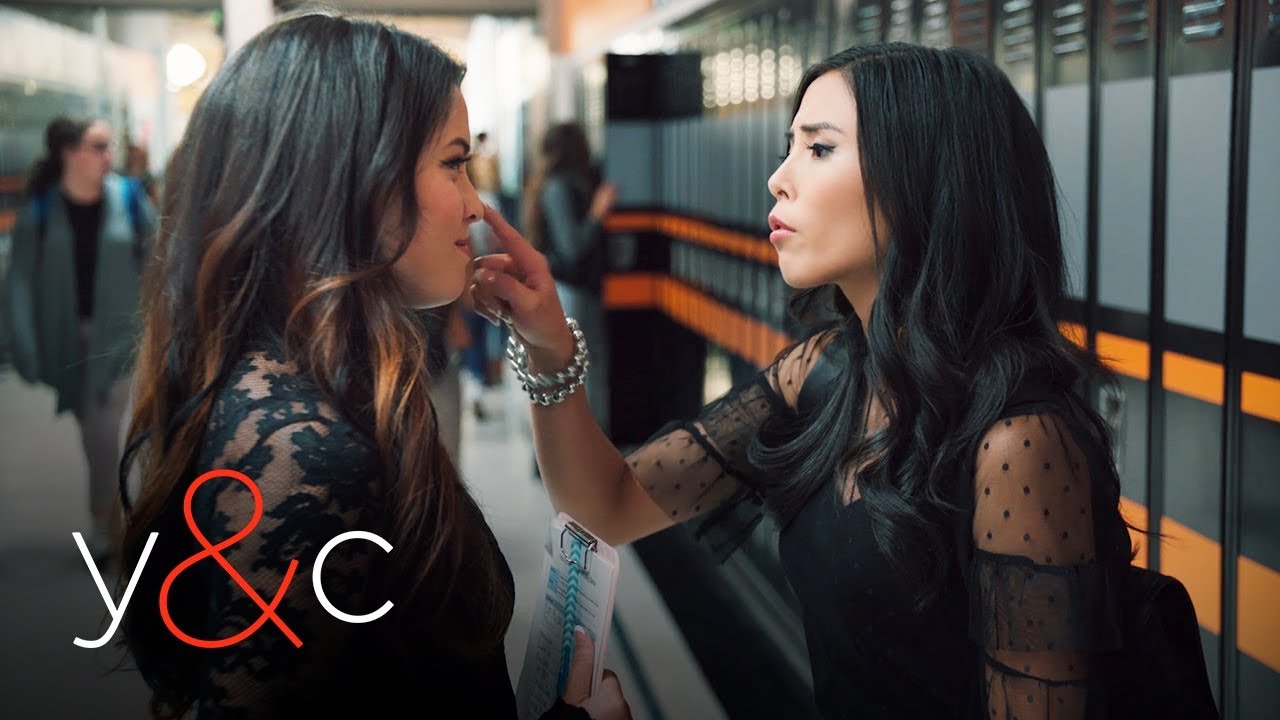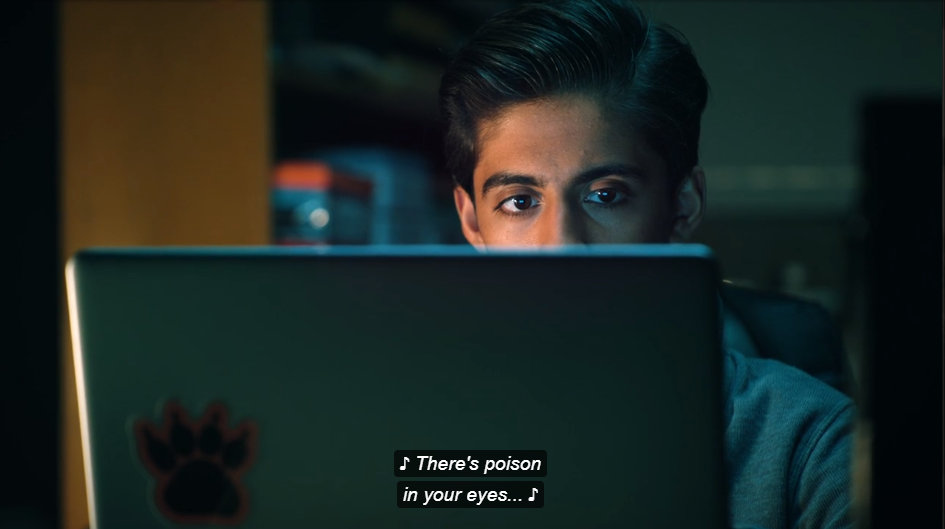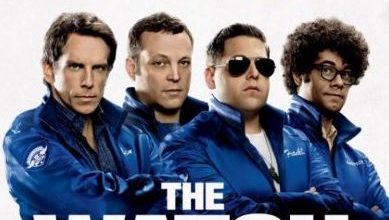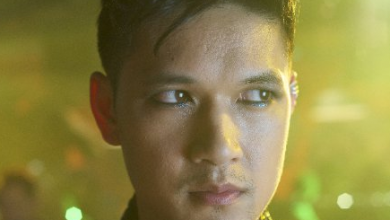Why is Dipankar Gosh the Only “Indefensible” Character in “Youth & Consequences”?

“Youth & Consequences” updates the popular high-school dramedy genre with a few contemporary twists. For one, the YouTube Red production juxtaposes the familiar obsession with teenage social hierarchies, gossiping, and intrigue with “woke” themes (transgender identity, feminism, suicide) – while social media plays a major role in plot developments. It also places two Asian-American female characters front-and-center; Piper Curda basically plays the Cady Heron to Anna Akana’s Regina George. When it comes to Asian-American male representation, however, screenwriter Jason Ubandi and The Mark Gordon Company (“Grey’s Anatomy”, “Criminal Minds”, “Quantico”) achieve nothing revelatory.

Dipankar Gosh (Karan Brar) appears in the show’s last three episodes as the series’ final villain. He demands access to the school’s Gossip Girl-esque viral news platform, the Crotch (a play on the school’s name, Central Rochester High). Throughout the series, Farrah, the school’s morally ambiguous queen bee, is depicted working with Colin, a socially anxious loner, to further her personal interests. Case in point: student council candidate Hope’s campaign is hopelessly dashed after an inflammatory audio recording of her is released (where she dismissively refers to “the curries”, “the fags” and the “retards and wheelies”).

After Dipankar strong-arms his way into assuming control of the Crotch, he begins to disseminate damaging private information for no strategic purposes. Farrah and Colin panic as he “goes rogue” and starts behaving “like a psycho”. Dipankar starts off by posting sexually suggestive photos of the school’s principal (Colin’s mother) during her honeymoon – which then leads to a fight with Colin. He then climatically crosses the show’s moral boundary by outing the school jock Tripp as being transgender against his wishes. When Tripp nearly commits suicide, everyone concludes that the Crotch’s clear lack of a moral compass has become intolerable. Farrah finally forces him to retire by threatening to report him to the police after discovering that he had been using fake IDs to sit for the SATs for other (underperforming) South Asian students.
In the context of the show, morally questionable (or downright villainous) behavior is not necessarily damaging. Many of the show’s characters are depicted in varying shades of grey, demonstrating both moral and immoral behavior. The school’s superintendent is a responsible educator who embarks on an affair with Farrah’s father. Hook, the school’s resident illegal alcohol provider, is actually using entrepreneurship to self-fund his college education. Farrah sacrifices her social standing in the show’s final episode and alienates her closest friends by revealing herself to be the mastermind behind the Crotch while lying about Tripp’s photo being Photoshopped.

It becomes problematic, however, when Dipankar is the only character depicted unsympathetically and one-dimensionally. His actions are downright antisocial and motivated only by the desire to assume some sense of power over other people’s lives (after enduring a lifetime of anonymity). The show does nothing to explain (or even hint at) the reasons behind his actions. During her interactions with him, Farrah also takes a few jabs at his non-existent love life. Meanwhile, the show does not deviate from the norm of having white men serve as the idealized love interests for most of its female characters. Dipankar may be more aggressive than Raj in Big Bang Theory, but he falls in line with the common tendency to depict Indian-American male characters as being socially awkward, unlovable, and cast out from mainstream society. (The show nevertheless avoids the crude ethnic humor that often plagues Indian American representation).
During a recent interview with Life & Style, Anna Akana (who also served as the show’s executive producer) expressed pride and joy in being able to portray a complex and non-stereotypical Asian American character:
“In media, when I see myself represented it’s always a stereotype. One of the things I loved most about the show is that me and Piper Curda (who plays Grace Ho) are the two main Asian leads. I build her up and she basically takes me down during the whole first season, but the fact that we’re both Asian doesn’t matter to the story, it’s such a diverse cast and I loved the opportunity to see us both in the position of power and justice and being fully complex and dimensional.
If only that same opportunity could have been granted to the show’s only Asian American male character. Those who recall the careless characterization of the two Vietnamese-American female characters in the precedent-setting Mean Girls (2004) can breathe a sigh of relief in how far Asian American female representation has come. When compared to its show-stealing rapper/mathlete Kevin G., however, Dipankar is a clear step backward.
-
OFFENDER: YouTube Red
CATEGORY OF OFFENSE: Gender ( Asian males as Creepy)
MEDIA TYPE: TV Show
OFFENSE DATE: March 1, 2019





